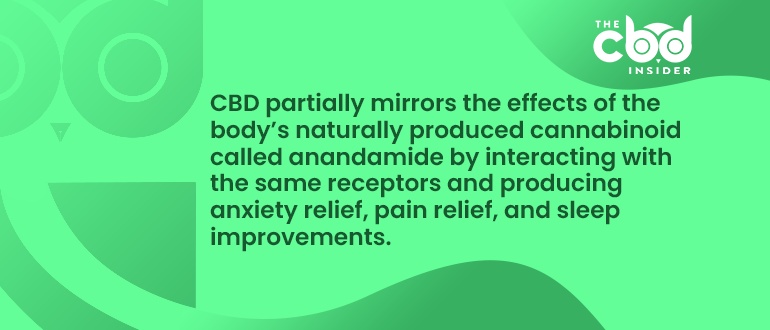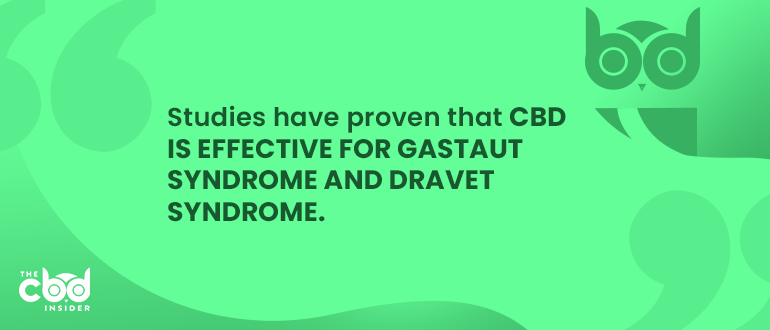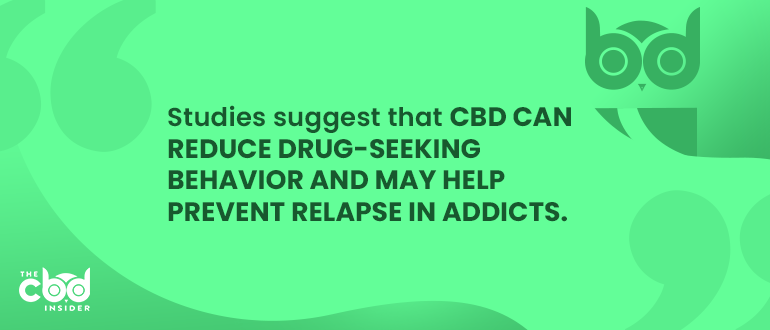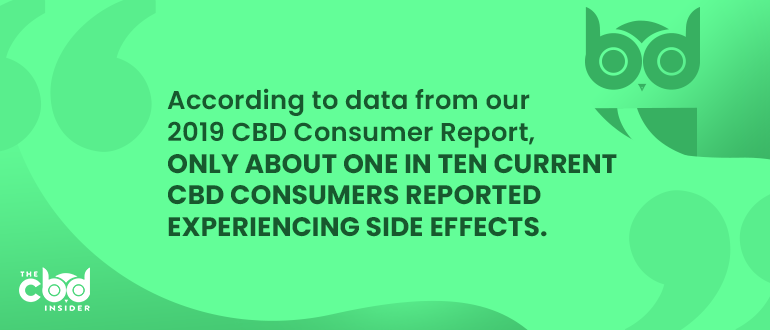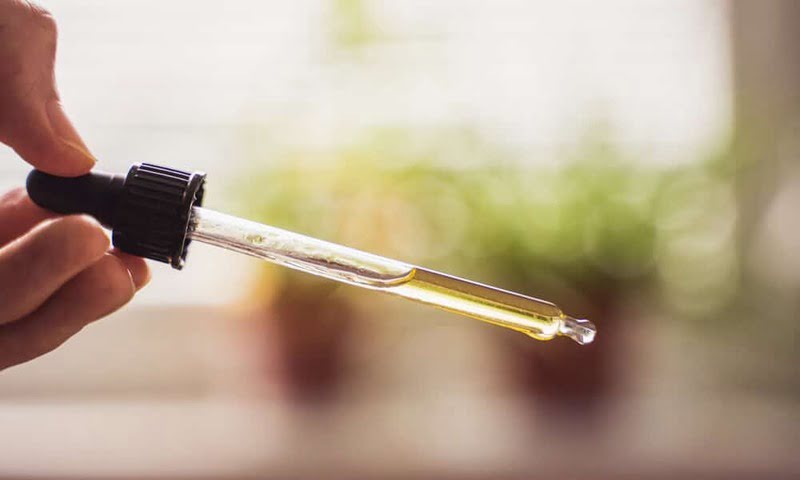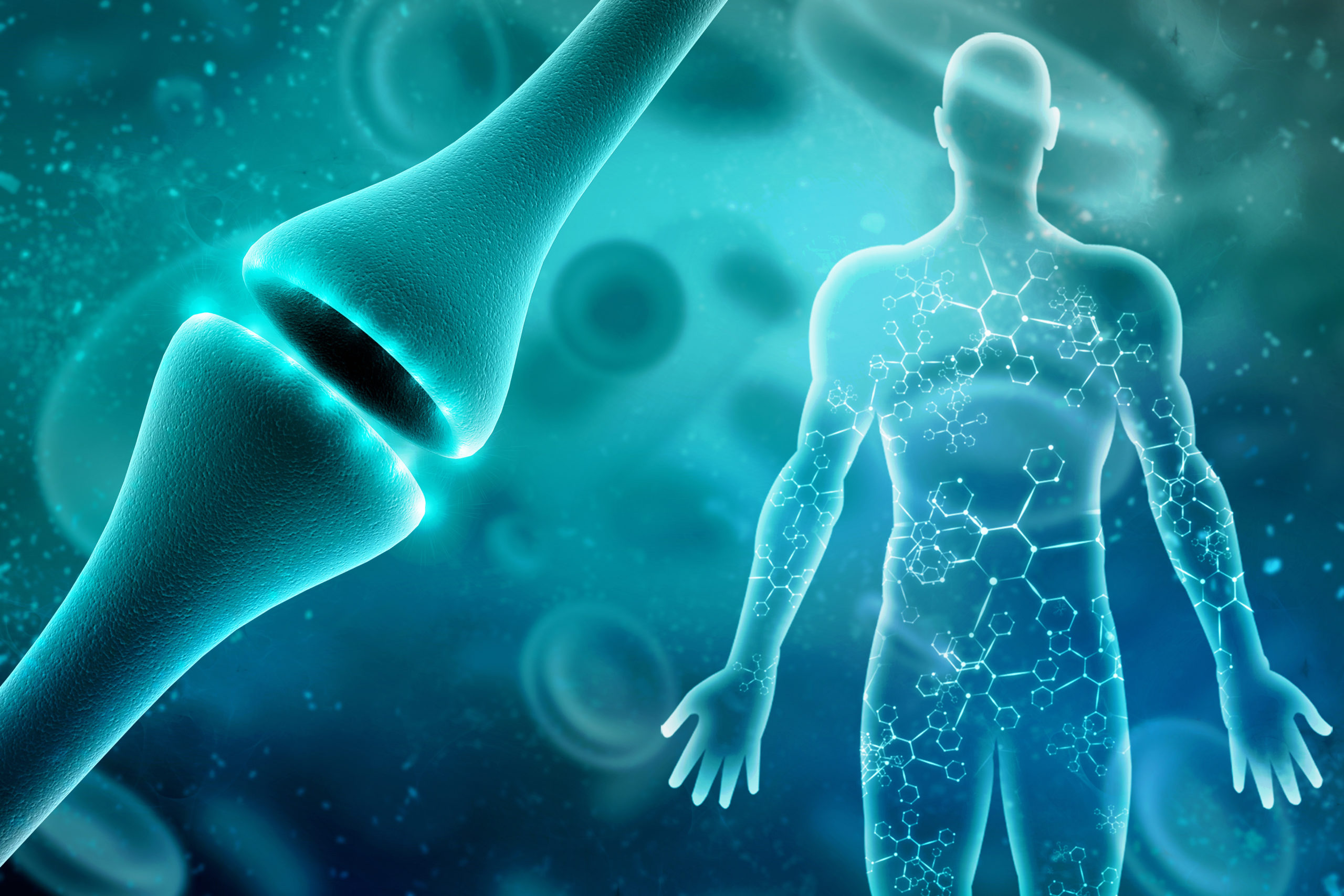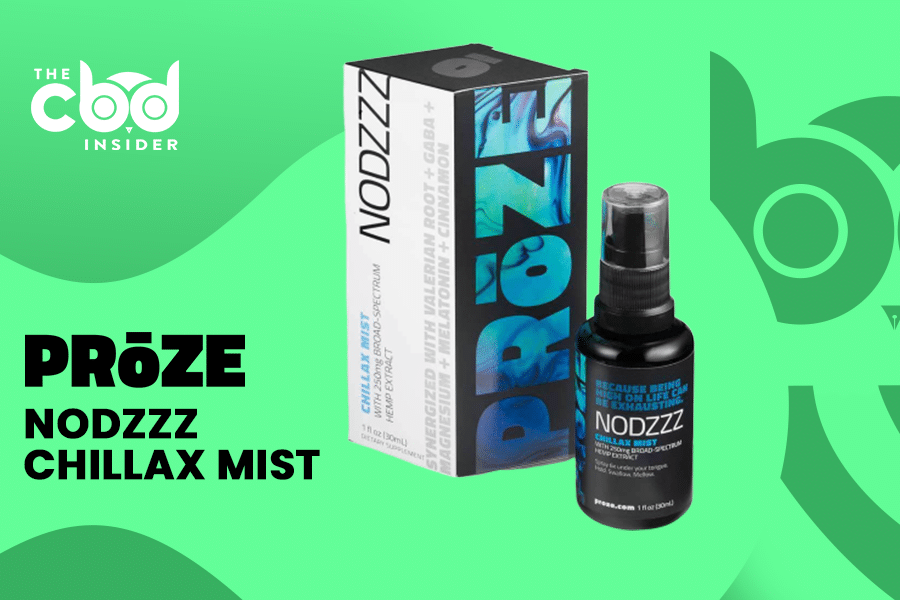-
- Market Research
- |
- CBD Near Me
- |
- Giveaways
- |
- Newsletter
- |
- Contact
- |
- Advertise
- |

Until the FDA and the rest of the US public health infrastructure officially embrace cannabidiol, those of us researching CBD oil benefits have three information pipelines to work with: hearsay, commercial messaging, and third-party research.
The first two information sources may help generate interest and provide surface-level information, but without investigating the actual evidence, you may find yourself misled about CBD benefits in one way or another.
Speaking of the evidence, you may be surprised to hear that CBD has indeed been studied in relation to more than 30 conditions, but “more clinical trials are needed” is a common mantra among a vast majority of studies outlining the benefits of CBD.
So, what are the benefits of CBD exactly?
Are there any cons and/or side effects?
As usual, we’ll let the objective evidence do most of the talking.
Table of Contents
Purported Benefits of CBD
The relationships between cannabidiol and the several types of nerve receptors that it interacts with are nuanced and not yet completely understood.
We do know that CBD partially mirrors the effects of the body’s naturally produced cannabinoids, namely anandamide, by interacting with the same receptors and producing the same effects, e.g., anxiety relief, pain relief, sleep improvements, and so on.
These receptors that anandamide and CBD both bind to (CB1 and CB2), along with the cannabinoids themselves and certain enzymes, are referred to collectively as the endocannabinoid system (ECBS).
The ECBS isn’t the only way in which CBD oil benefits the body; interactions with certain opioid receptors and even others in the body have also been implicated in research.
So far, five of the most solidly documented CBD benefits include:
- Pain and inflammation
- Anxiety
- Seizures
- Neurological disorders
- Addictions
Each of the above research topics is currently being explored all over the globe and at a blistering pace as CBD’s popularity refuses to decline.
1: Pain and Inflammation
First of all, pain is not a monolith, and neither is inflammation.
There’s the case of largely reversible acute pain, like banging your knee on a desk, the much more troublesome and complex issue of chronic pain that permanently desensitizes important nerve fibers, and purely neuropathic pain, which we’ll cover below.
Inflammation exists in a parallel spectrum, from acute cases that go away once the tissue is healed enough to chronic cases that can contribute to a host of problems like arthritis, stroke, obesity, and more.
In all three of these cases–pain, inflammation, and neuropathic pain–CBD has been demonstrated effective in chronic as well as acute contexts.
According to a Molecules article authored by University of Turin drug science specialists, “cannabinoid receptor agonists” like CBD can reduce acute and chronic pain, inflammation, and “neuro-inflammatory mechanisms.”
The suspected mechanisms in play here, per the study, range from stimulating the release of dopamine in the midbrain to slowing the degradation of the body’s natural cannabinoids (remember anandamide?) so that the ECBS can make a longer-lasting impact.
Interestingly, the study even suggests that CBD can alter the cognitive processing issues associated with chronic pain, known by fibromyalgia sufferers as “fibro fog.”
2: Anxiety
A study from Kyoto University in Japan examining CBD oil benefits for social anxiety disorder sufferers, a connection that is particularly well-documented in anecdotal evidence (especially when you lump in THC), found that CBD reduced scores on anxiety scales by a statistically significant margin.
Similar studies published before this 2019 finding found that CBD helped to reduce “anticipatory anxiety” related to public speaking presentations, as well as anxiety during the presentation itself.
Clinician researchers widely agree that these anxiety-fighting benefits of CBD are primarily owed to its interaction with a receptor in the brain known as the 5HT1A receptor.
When a psychiatrist prescribes a patient with an “anxiolytic” (anxiety-reducing) medication or an antidepressant, they are targeting and stimulating this particular serotonin receptor, which then imparts the anti-anxiety and antidepressant effects.
In other words, somewhat similar to how it supplements anandamide levels, CBD interacts with serotonin receptors like 5HT1A to address several types of anxiety.
3: Seizures
To date, there is only one CBD-based medication that has achieved FDA approval, and it’s for Lennox-Gastaut syndrome and Dravet syndrome, two particularly severe forms of epilepsy affecting infants and young children.
The drug is called Epidiolex, and the FDA has thoroughly detailed its indications, dosage, clinical trial results, and other information on this fact sheet.
Supporting the FDA’s decision is this study entitled “Cannabinoids in the Treatment of Epilepsy: Hard Evidence at Last?” by University of Pavia (Italy) faculty, which describes how cannabinoids are likely associated with epilepsy because of the discovery of “reduced anandamide concentrations in the cerebrospinal fluid” of people with newly discovered temporal lobe epilepsy.
The author also mentions while reviewing contemporary findings that other researchers have thoroughly established the connection between the body’s natural cannabinoids and a controlled “rate of neuronal firing.”
These two findings make for quite the information dump, so let’s review in plain English:
- Researchers suspect that epilepsy is related to problems with cannabinoid function because the cannabinoid anandamide is consistently lacking in people with epilepsy.
- Since our naturally produced cannabinoids can reportedly help our neurons to “fire” or send messages at the appropriate speed, this implies they may help prevent seizures, which are basically a rapid series of mistimed and inappropriate firings.
Throw in the success of Epidiolex, and you have a strong case for the benefits of CBD in the case of epilepsy.
4: Neurological Disorders
In “Review of the Neurological Benefits of Phytocannabinoids,” an article published by University of Pittsburgh Department of Neurosurgery faculty, we learn that the benefits of CBD for Alzheimer’s Disease are strikingly specific.
Among other markers, Alzheimer’s is characterized by the formation of plaques in the brain, which causes a process known as “glial activation.”
Glial activation prompts a cascade of harmful effects, including widespread inflammation of brain tissues, cellular dysfunction, and complete death of specific cell types.
Per the article, CBD has significantly slowed this process when administered to animals who had been injected with these plaques, in turn slowing down the cognitive decline and other issues that accompany Alzheimer’s Disease.
Additionally, CBD oil benefits a broader class of neuromuscular disorders with more general anti-inflammatory effects.
Technically, multiple sclerosis is an autoimmune disease, but neuroinflammation is heavily involved, so we’re counting it in this category.
In the case of multiple sclerosis and many other neuroinflammatory diseases, “demyelination” occurs, meaning that the fatty sheath surrounding our nerve fibers is being attacked, causing inflammation as a result.
This fatty myelin substance is required for certain nerve fibers to conduct impulses quickly and properly; thus, when it is damaged in this way, an MS sufferer will experience episodic weakness, fatigue, coordination issues, pain, and a wide range of other problems.
Per the University of Pittsburgh study, multiple objective findings have surfaced over the past two decades, indicating that CBD reduces the intensity of MS flare-ups by alleviating inflammation affecting nerve tissue.
5: Addictions
This is where things get a little interesting.
It may sound peculiar that a constituent of marijuana would not only be non-psychoactive and non-addictive but would help with problems related to addiction as well. Nevertheless, the research looks promising.
CBD may even fight addictive behaviors in multiple ways, which we covered more extensively in our article focused on this very topic.
A systematic review published in Substance Abuse by Montreal Research Center (CRCHUM) outlines how CBD acts as an “inverse agonist” at the CB1 receptor, meaning that it offsets the effects of CB1 stimulation to an extent.
In other words, CBD can potentially mitigate the effects of a marijuana high directly.
The review also explains how CBD’s stimulation of the 5HT1A serotonin receptor mentioned earlier can “regulate stress response and compulsive behaviors,” making it a potentially useful tool for relapse prevention in recovering addicts.
Finally, CBD administered to heroin-addicted rats demonstrably reduced “heroin-seeking behavior for up to 2 weeks following the last administration without affecting motor function.”
If you want to learn more about how CBD helps with specific kinds of drug addiction, we invite you to visit our article linked above.
Ongoing Investigations
All the research is ongoing, really, but aside from the above more firmly evidenced claims, we would be remiss to mention that many other potential CBD benefits are being explored.
These potential uses include, but are not limited to:
- Autism
- Chemotherapy side effects
- Crohn’s disease
- Depression
- Heart conditions
- Sleep disorders
More purported benefits are surfacing all the time.
Even a substance as innocuous as CBD, at least when compared to narcotic medications, is not completely without its drawbacks, however.
CBD Side Effects
First, CBD is unregulated by the FDA, save for Epidiolex.
This doesn’t mean that it’s harmful by default, but it does require consumers to be more scrutinizing in their research, and unfortunately, it opens doors for less savory vendors to cut corners.
It’s also important to note that in some studies focused on CBD oil benefits, a small portion of the participants reported side effects, including:
- Changes in appetite
- Diarrhea
- Dry mouth
- Fatigue
- Lightheadedness
- Low blood pressure
- Nausea
According to data from our 2019 CBD Consumer Report, only about one in ten current CBD consumers reported experiencing side effects.
Finally, CBD can affect the metabolism of a broad spectrum of commonly taken drugs, including painkillers, statins, antidepressants, and more, by inhibiting the liver enzymes responsible for metabolizing those drugs.
Best Practices for New Users
As always, if you have any questions at all about any of the above issues when considering taking CBD, it’s best to consult your physician.
These CBD oil benefits aren’t promised, rather, they’re a hopeful glimpse at a potential for future treatments that consumers can choose to pursue right now, hopefully with a conscientious and well-measured approach.
Just like the pathologies mentioned above, CBD can affect everyone differently, so treat the research as just one portion of your personal trial, and your actual experience with the product as another.
As long as you research established brands, track your use and consult with a doctor whenever necessary, you will have the greatest chance of benefiting from CBD in one or more of the above ways.


